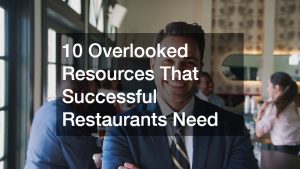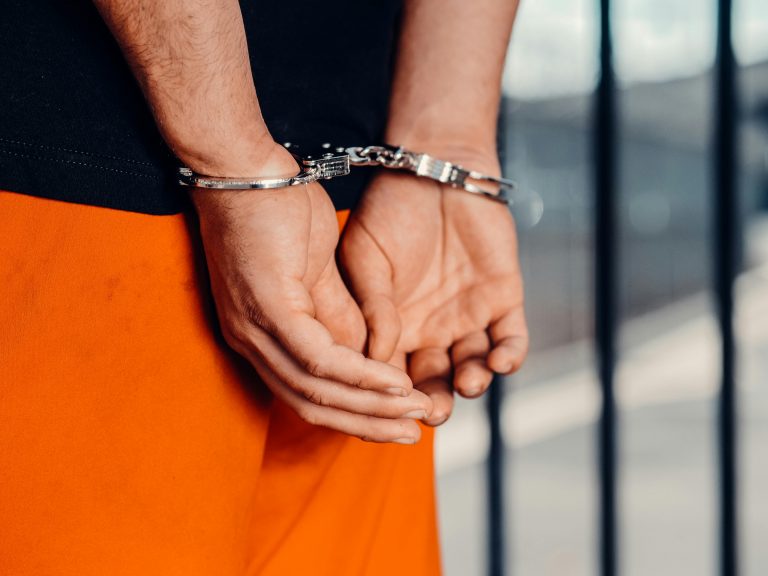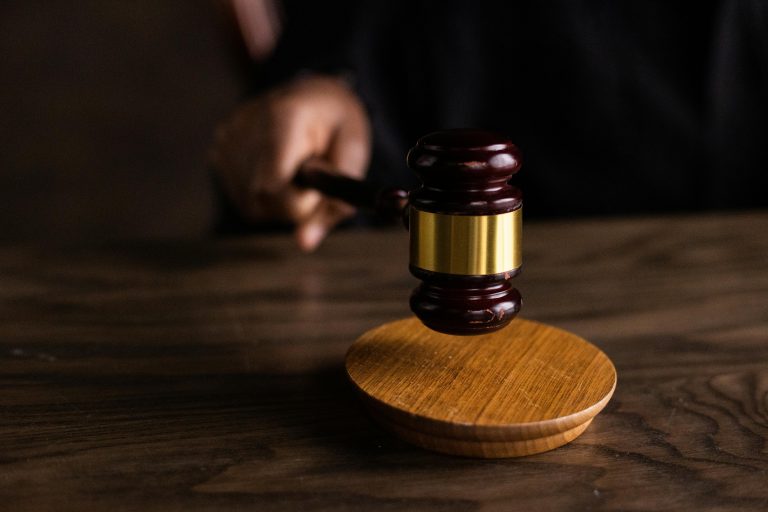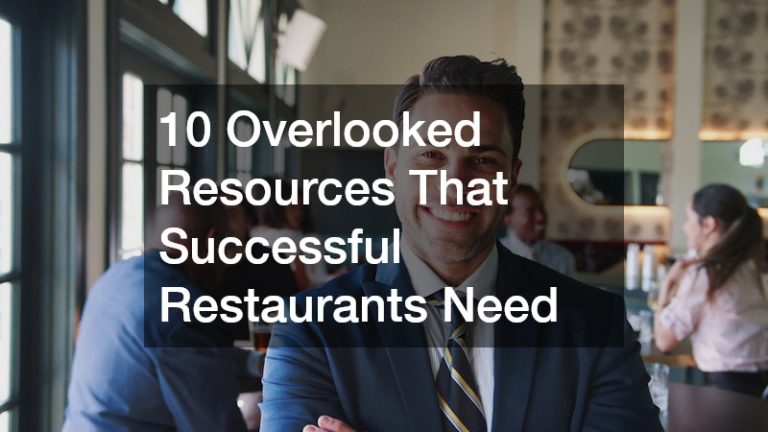- Nonprofits can facilitate justice for underprivileged personal injury victims by providing essential legal aid.
- Financial assistance from nonprofits allows victims to persist with their legal battles without added economic burden.
- Mental and emotional support, including counseling, therapy, and support groups, can help victims cope.
- Nonprofits can empower victims with educational resources about their legal rights and the healing process.
In a world where legal aid comes with a heavy price tag, justice seems to be a privilege only affordable to a select few. In such a scenario, nonprofit organizations can prove to be a ray of hope for underprivileged individuals who have suffered a personal injury. Personal injury cases can often leave individuals and families stranded. Here’s how nonprofits can be the guiding force that provides a level playing field to those who have suffered and, in the process, bring some much-needed relief to the communities that they serve.
Providing Legal Aid
Personal injury cases can arise from any situation where an individual has been hurt due to the negligence of another person or entity. Underprivileged individuals often do not have the resources to pursue these cases, given the high legal fees and other costs associated with them. Nonprofits can help by providing legal aid and representation, including, but not limited to, connecting the victim with a lawyer, assisting with the investigation and gathering of evidence, and providing moral support. Here are some common types of personal injury cases that should be prioritized:
Traumatic Brain Injury
Traumatic brain injuries (TBIs) are often the result of accidents such as falls, collisions, or blows to the head and can have severe, life-altering consequences. Nonprofits can play a significant role in ensuring justice for victims of these injuries by connecting them with a specialized traumatic brain injury attorney. These professionals can help navigate the complex legal landscape surrounding such cases, ensuring victims receive the compensation they deserve.
Medical Malpractice
Medical malpractice occurs when a healthcare professional deviates from accepted medical practice, resulting in injury or harm to the patient. Victims of such negligence often find it challenging to take on large medical institutions due to a lack of resources. Nonprofits can assist by providing legal support, aiding in gathering evidence and advocating for the victim’s rights.
Vehicular Accidents
Vehicular accidents are a leading cause of personal injuries and often result in significant physical, emotional, and financial distress. Nonprofits can offer invaluable aid to underprivileged victims by connecting them with legal services, facilitating the process of claiming compensation and providing moral and emotional support during these challenging times.

Providing Financial Assistance
Another way that nonprofits can help underprivileged people in pursuing a personal injury case is by providing them with financial assistance. The cost of medical care and other expenses associated with such cases can pile up, and many individuals are left with no option but to give up their legal battle midway.
Nonprofits can help by providing financial assistance to help cover these costs. Through this, underprivileged individuals can continue their legal battle with a level playing field without being subjected to the economic burden that comes with pursuing a personal injury case.
In some cases, nonprofits may also lead crowdfunding campaigns to help the victims gain access to financial support.
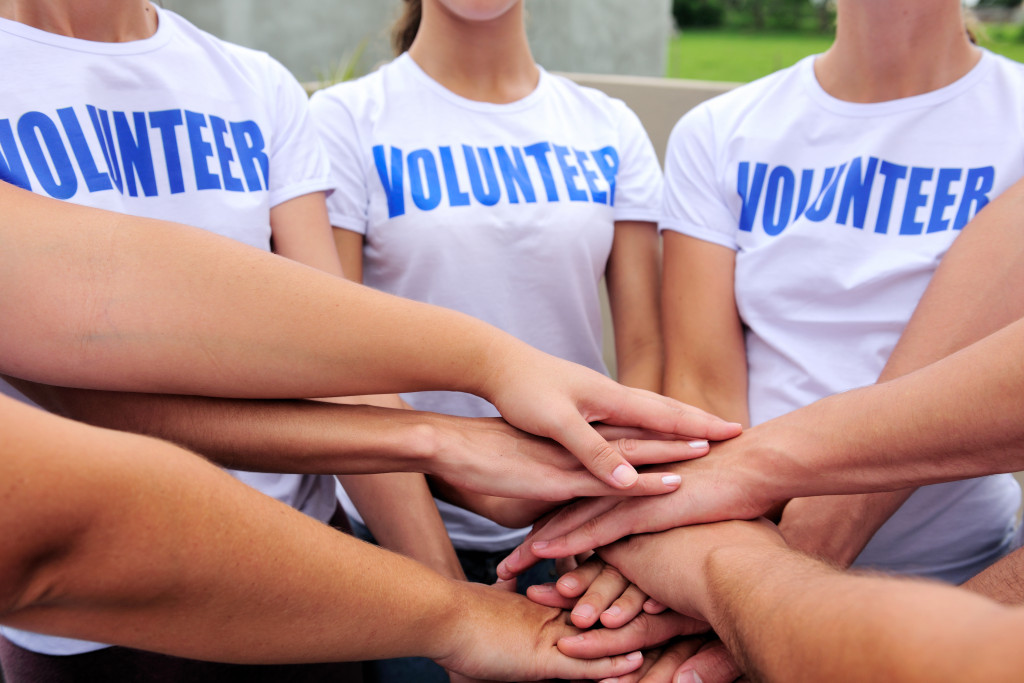
Providing Mental & Emotional Support
Nonprofits can also be instrumental in providing mental and emotional support to the victims of personal injury cases. Not only does a personal injury affect the financial status of an individual, but it can also have long-term effects on their mental and emotional well-being. Nonprofits can help by providing the following:
Counseling and Therapy
Dealing with a personal injury can be mentally taxing, and victims often struggle to cope with their new reality. Nonprofit organizations can step in to fill this gap by providing counseling and therapy services. These services can help individuals process their experiences, manage their emotional responses, and develop coping strategies for the future. Therapy can play a crucial role in the healing process, allowing victims to regain control of their lives and move forward with confidence.
Support Groups
Support groups can be a lifeline for people dealing with the aftermath of a personal injury. Nonprofits can facilitate these groups, providing a safe and supportive environment where individuals can share their experiences, learn from others who have been in similar situations, and know they are not alone. These groups can help victims feel understood and validated and can offer practical advice and encouragement, which can be instrumental in their recovery process.
Educational Resources
Education is power, and having the right information can significantly impact the course of a personal injury case. Nonprofits can offer a wealth of educational resources to victims, including legal rights information, guides on navigating the legal system, and information on coping strategies and recovery. These resources can empower individuals to make informed decisions, understand their rights, and take control of their situation.
Nonprofits have a critical role to play in ensuring justice is available for everyone, irrespective of their socio-economic background. By providing legal aid, financial assistance, emotional support, and legal education, nonprofits can help level the playing field for those who have suffered a personal injury. In doing so, these organizations can play a pivotal role in building a fair and equitable society. The government, community enthusiasts, and other nonprofit organizations must work together to ensure that the underprivileged members of our society have access to the resources necessary to pursue a personal injury case. Collective efforts can help ensure justice is not just accessible but also affordable for all.



